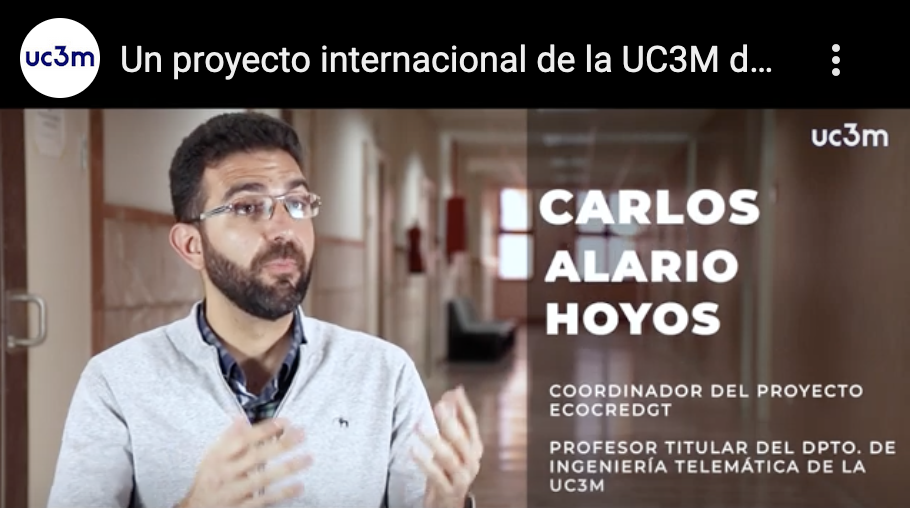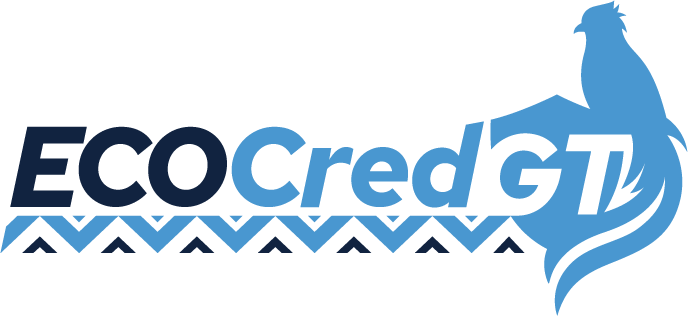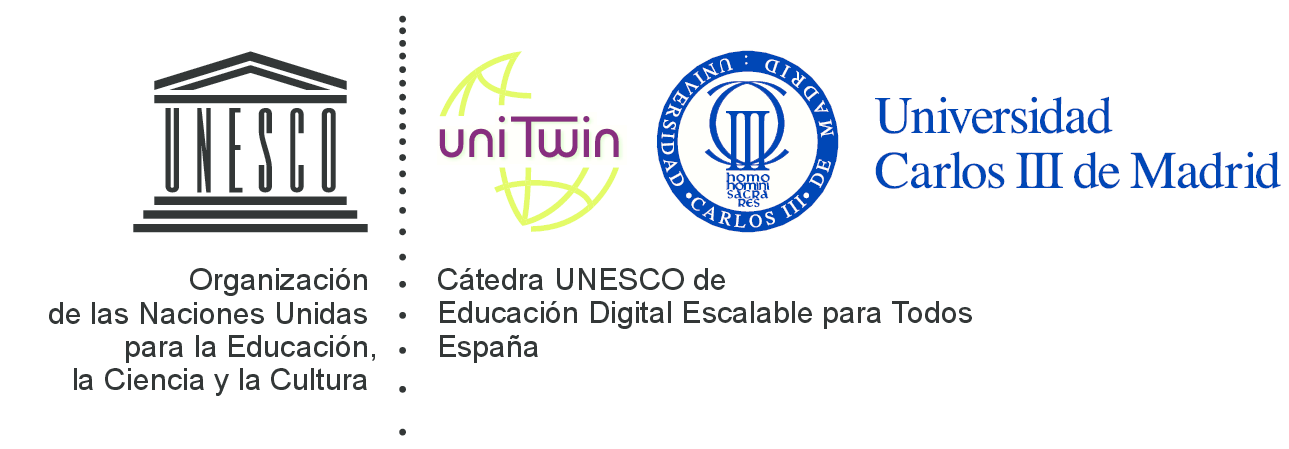Digital credentials are fundamental components in the re-training of professionals, favouring their employability. “Today, students can take these types of credentials (which recognise knowledge and skills) onto a platform so that they can be verified by a potential employer”, explains Carlos Alario, a lecturer in UC3M’s Telematics Engineering Department, who is the coordinator of the ECOCredGT project. “The objective of our project is to build capacities for the creation of centres for issuing digital credentials with a special focus on Latin America”, he says.
ECOCredGT is implemented mainly in Guatemala, with the support of European partners from Spain and Austria, to establish a national model of digital credentials for vocational training that can then be extrapolated to other countries. Other outcomes of the project include the training of staff at participating institutions, the implementation of micro-courses that promote employability and the creation of an observatory in Latin America to monitor the status of digital credentials and share good practices and success stories.
“The capacity building generated thanks to ECOCredGT will strengthen the foundation for exploring the future issuance of digital credentials for undergraduate and postgraduate degrees in a validated ecosystem with international recognition and interoperability”, concludes Carlos Alario. “Although it focuses on a single country (Guatemala), dissemination is expected to reach many other countries within this region. I think this type of project is important in the context of collaboration between Europe and Latin America”, he says.
ECOCredGT (acronym for “Towards a digital credential ecosystem to strengthen actions for job creation”) is a project funded by the European Union (GA 10112912) within the framework of the Erasmus+ programme. Coordinated by UC3M, it also involves the Galileo University (Guatemala), the Technical University of Graz (Austria) and the Kinal Foundation (Guatemala). And it follows the path of other previous recent projects in which some of these institutions have collaborated, such as PROF-XXI, MOOC-Maker or E-LANE. The views and opinions expressed in this news story are solely those of the authors and do not necessarily reflect those of the EU or the European Education and Culture Executive Agency (EACEA).
Read de full article (link).





